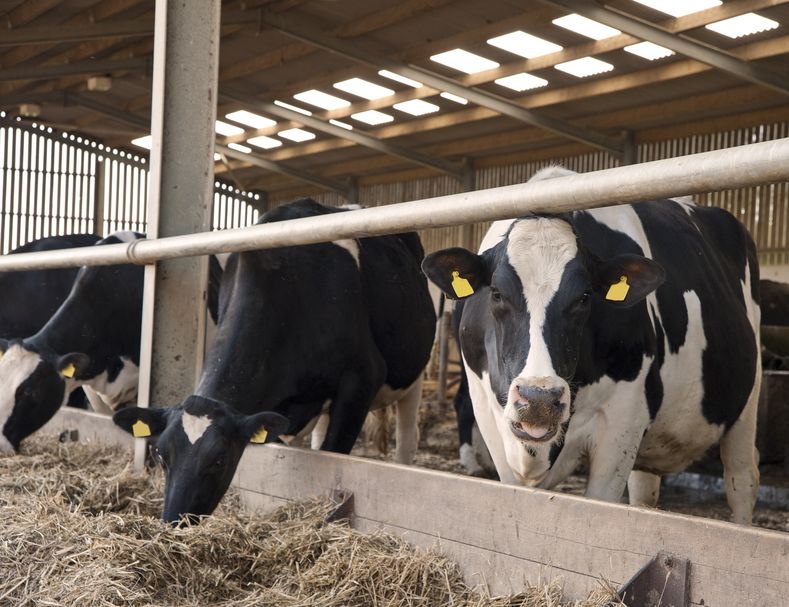
Dairy cooperative Arla has announced its intention to build the world's largest climate database as it seeks to reduce Co2 emissions on-farm over the next decade.
To build the database, the co-operative's 9,900 farmer owners, 2,300 of which are UK-based, will input externally verified data from their farm.
This will cover herd size, housing, milk volumes, feed, energy and fuel usage on farm and renewable energy production.
This information will then give the farmer an overall environmental score and help identify areas they can further reduce their on farm carbon emissions.
Arla's farmer suppliers produce around 14 billion litres of milk a year, so any on-farm change could have significant impact to the cooperatives emissions.
Ash Amirahmadi, Managing Director Arla Foods UK said: “Sustainable foods must not only minimise environmental impact, but also be nutritionally adequate, remain affordable and support biodiversity ecosystems.
“Whilst there is a lot of negative comment about the impact of food production to the environment, farmers are, in reality, the caretakers of the countryside and inextricably linked to many positive natural process that are critical to caring for the world around us.”
Current measurements show that the co-op's suppliers are already producing milk with less than half the average emissions per litre compared to global dairy production.
However, the data captured will provide bespoke data for each farmer on what level of carbon emissions they produce per litre of milk and identify where there is room for improvement.
Average reductions on each farm of 3% per year would see Arla on track to hit its on farm carbon reduction targets of 30% by 2030.
With farmers who participate in the programme being paid more for their milk, it is expected at least 90% of Arla’s farmer owners will do so.
It comes as the NFU announced earlier this year its intention to reach net zero across England and Wales by 2040.
